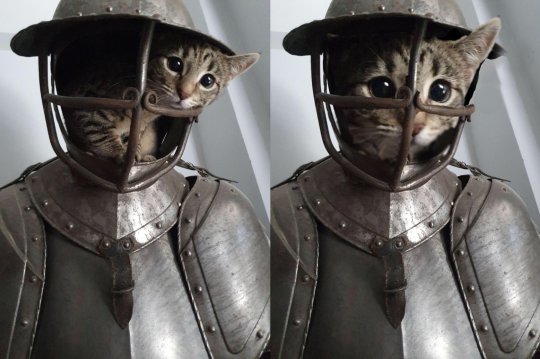Text
one of my buddies just succumbed to desire. he seriously just embraced earthly pleasures... the cost was not immediately apparent but will probably become known soon
4K notes
·
View notes
Text
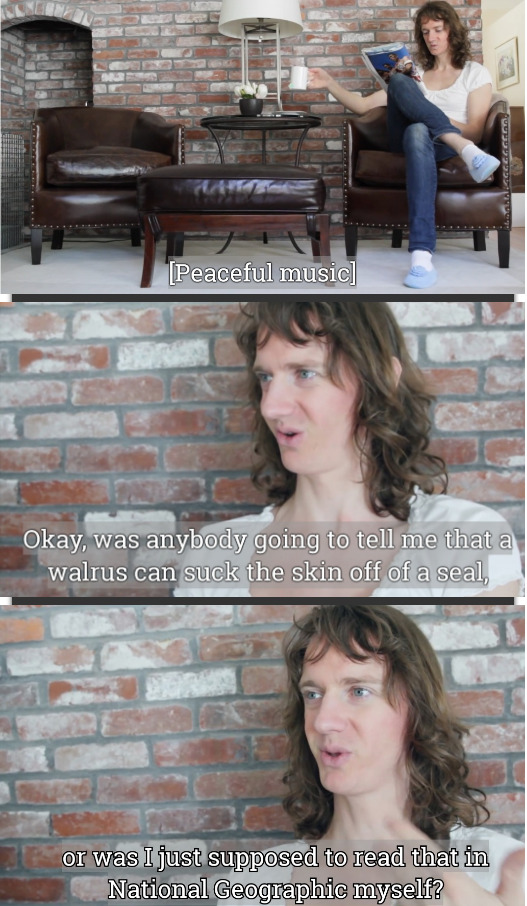
I feel like we don’t talk about the OG text on this meme enough
151K notes
·
View notes
Text

"May thy riot gear chip and shatter"
Seen inside the occupied Portland State University library, where student protesters are preparing for a police raid
5K notes
·
View notes
Note
What’s your opinion on the contrast between “silly” and “serious” spaces? Do you think people can have very serious interpretations about a genuine piece of media and also be goofy about it? I’m asking this particularly because I’ve seen people in the Magnus podcast fandoms fight about people “misinterpreting” characters you, Alex, and the many other authors have written. Are you okay with the blorbofication or do you really wish the media you’ve written would be “taken seriously” 100% of the time?
And follow up question, what do you think about the whole “it’s up to the reader (or in some cases, listener) to make their own conclusions and interpretations and that does not make them wrong”, versus the “it was written this way because the author intended it this way, and we should respect that” argument?
This is a question I've given a lot of thought over the years, to the point where I don't know how much I can respond without it becoming a literal essay. But I'll try.
My main principle for this stuff boils roughly down to: "The only incorrect way to respond to art is to try and police the responses of others." Art is an intensely subjective, personal thing, and I think a lot of online spaces that engage with media are somewhat antithetical to what is, to me, a key part of it, which is sitting alone with your response to a story, a character, a scene or an image and allowing yourself to explore it's effect on you. To feel your feelings and think about them in relation to the text.
Now, this is not to say that jokes and goofiness about a piece of art aren't fucking great. I love to watch The Thing and drink in the vibes or arctic desolation and paranoia, or think about the picture it paints of masculinity as a sublimely lonely thing where the most terrible threat is that of an imposed, alien intimacy. And that actually makes me laugh even more the jokey shitpost "Do you think the guys in The Thing ever explored each other's bodies? Yeah but watch out". Silly and serious don't have to be in opposition, and I often find the best jokes about a piece of media come from those who have really engaged with it.
And in terms of interpreting characters? Interpreting and responding to fictional characters is one of the key functions of stories. They're not real people, there is no objective truth to who they are or what they do or why they do it. They are artificial constructs and the life they are given is given by you, the reader/listener/viewer, etc. Your interpetation of them can't be wrong, because your interpretation of them is all that there is, they have no existence outside of that.
And obviously your interpretation will be different to other people's, because your brain, your life, your associations - the building blocks from which the voices you hear on a podcast become realised people in your mind - are entirely your own. Thus you cannot say anyone else's is wrong. You can say "That's not how it came across to me" or "I have a very different reading of that character", but that's it. I suppose if someone is fundamentally missing something (like saying "x character would never use violence" when x character strangles a man to death in chapter 4) you could say "I think that's a significant misreading of the text", but that's only to be reserved for if you have the evidence to back it up and are feeling really savage.
I think this is one of the things that saddens me a bit about some aspects of fandom culture - it has a tendency to police or standardise responses or interpretations, turning them from personal experiences to be explored into public takes to be argued over. It also has the occasional moralistic strain, and if there's one thing I wish I could carve in stone on every fan space it's that Your Responses to a Piece of Art Carry No Intrinsic Moral Weight.
As for authorial intention, that's a simpler one: who gives a shit? Even the author doesn't know their own intentions half the time. There is intentionality there, of course, but often it's a chaotic and shifting mix of theme and story and character which rarely sticks in the mind in the exact form it had during writing. If you ask me what my intention was in a scene from five years ago, I'll give you an answer, but it will be my own current interpretation of a half-remembered thing, altered and warped by my own changing relationship to the work and five years of consideration and change within myself. Or I might not remember at all and just have a guess. And I'm a best case scenario because I'm still alive. Thinking about a writers possible or stated intentions is interesting and can often lead to some compelling discussion or examination, but to try and hold it up as any sort of "truth" is, to my mind, deeply misguided.
Authorial statements can provide interesting context to a work, or suggest possible readings, but they have no actual transformative effect on the text. If an author says of a book that they always imagined y character being black, despite it never being mentioned in the text, that's interesting - what happens if we read that character as black? How does it change our responses to the that character actions and position? How does it affect the wider themes and story? It doesn't, however, actually make y character black because in the text itself their race remains nonspecific. The author lost the ability to make that change the moment it was published. It's not solely theirs anymore.
So yeah, that was a fuckin essay. In conclusion, serious and silly are both good, but serious does not mean yelling at other people about "misinterpretations", it means sitting with your personal explorations of a piece of art. All interpretations are valid unless they've legitimately missed a major part of the text (and even then they're still valid interpretations of whatever incomplete or odd version of the text exists inside that person's brain). Authorial intent is interesting to think about but ultimately unknowable, untrustworthy and certainly not a source of truth. Phew.
Oh, and blorbofication is fine, though it does to my mind sometimes pair with a certain shallowness to one's exploration of the work in question.
1K notes
·
View notes
Text
so. um. the good news is we found your boyfriend. the bad news is that, well, we sort of…dug him up…in the middle of a car park. in leicester (buckley et al. 2013). leicester, yeah. sorry. they demolished the friary he was hastily interred in when henry viii dissolved all the monasteries. you know how it is. and as it turns out, well, shakespeare was…sort of right about him. scoliosis, yeah, sorry (appleby et al. 2014). if it makes you feel any better we analysed his bones and it turns out he had a pretty high-protein diet before he died (lamb et al. 2014). and he drank so much wine that it changed their chemical composition, which we didn't know could actually happen before we analysed him (lamb et al. 2014), so he was having a good time, at least.
BIBLIOGRAPHY
Appleby, J., Mitchell, P.D., Robinson, C., Brough, A., Rutty, G., and Morgan, B. (2014). The scoliosis of Richard III, last Plantagenet King of England: diagnosis and clinical significance. Lancet 383, 1944.
Buckley, R., Morris, M., Appleby, J., King, T., O’Sullivan, D., and Foxhall, L. (2013). ‘The king in the car park’: new light on the death and burial of Richard III in the Grey Friars church, Leicester, in 1485. Antiquity 87, pp. 519-538.
Lamb, A.L., Evans, J.E., Buckley, R., and Appleby, J. (2014). Multi-isotope analysis demonstrates significant lifestyle changes in King Richard III. Journal of Archaeological Science 50, pp. 559-565.
94 notes
·
View notes
Photo
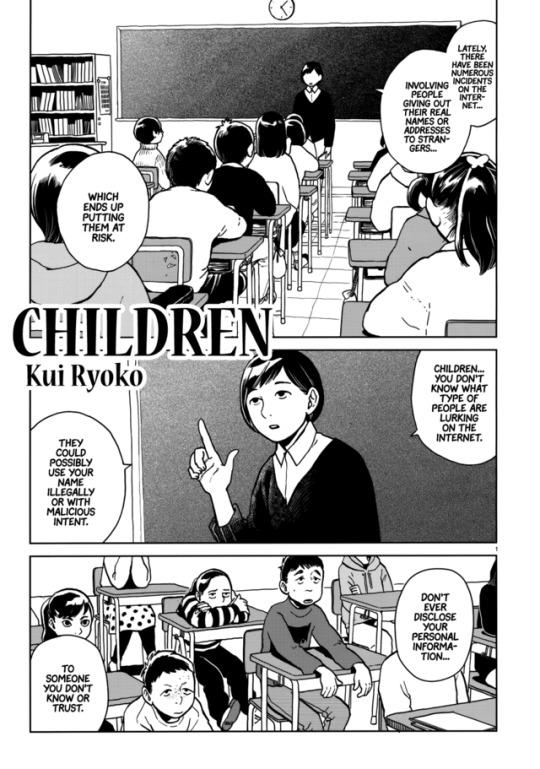
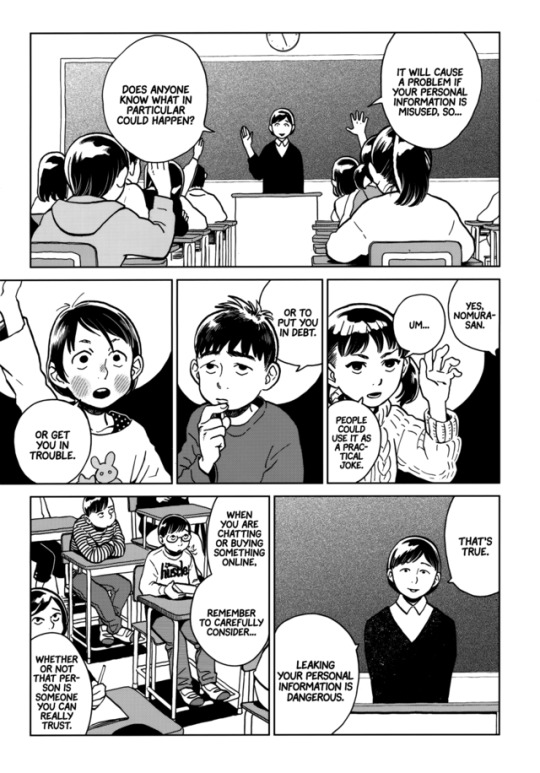
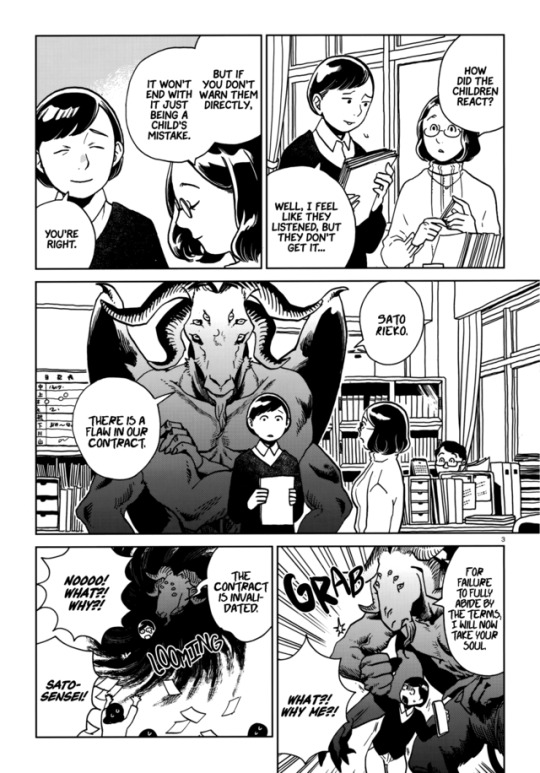
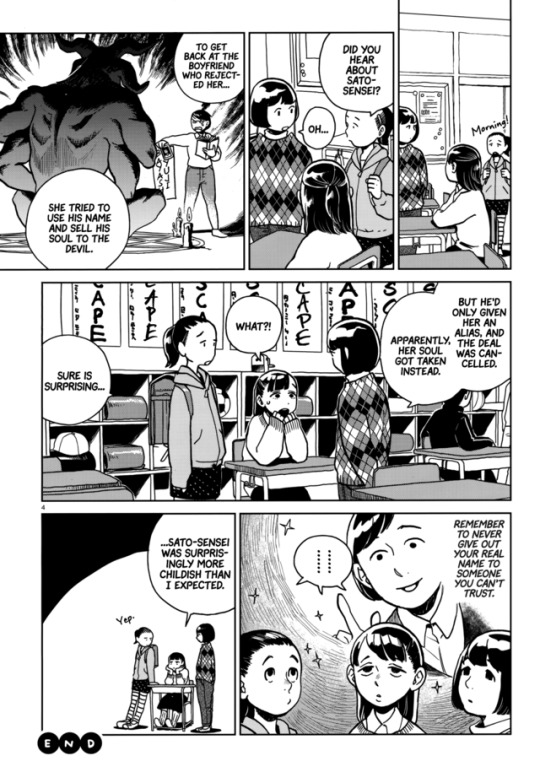
こども (Children), a short manga by Ryoko Kui (of Dungeon Meshi fame) on the dangers of giving out your personal information on the internet.
22K notes
·
View notes
Text
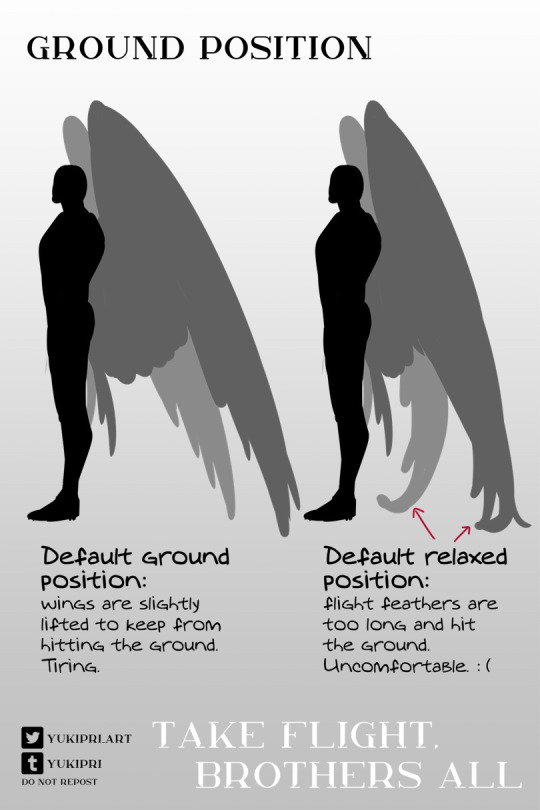
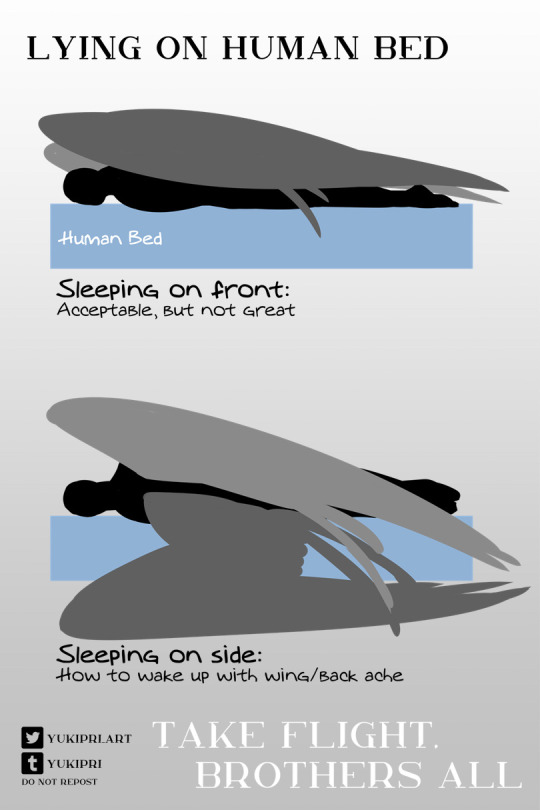
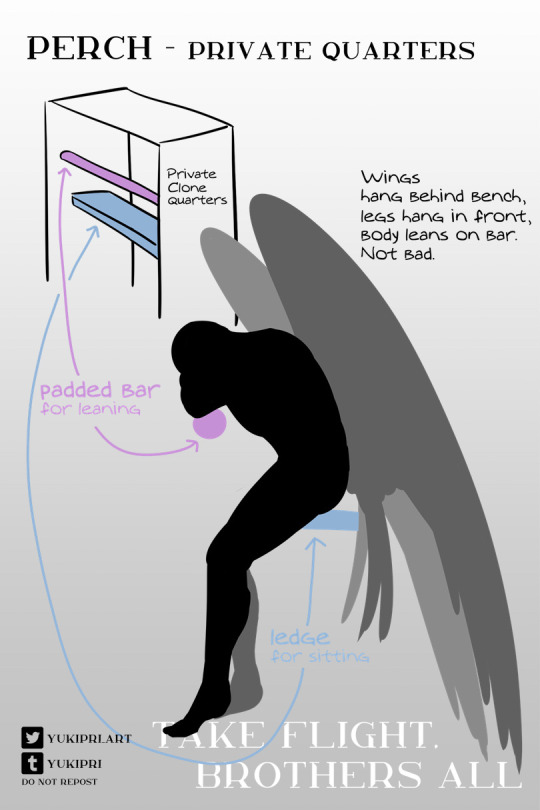
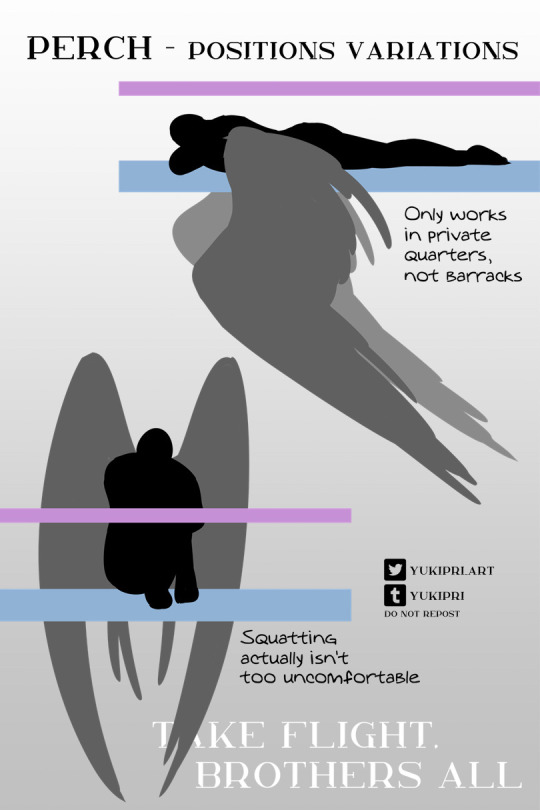
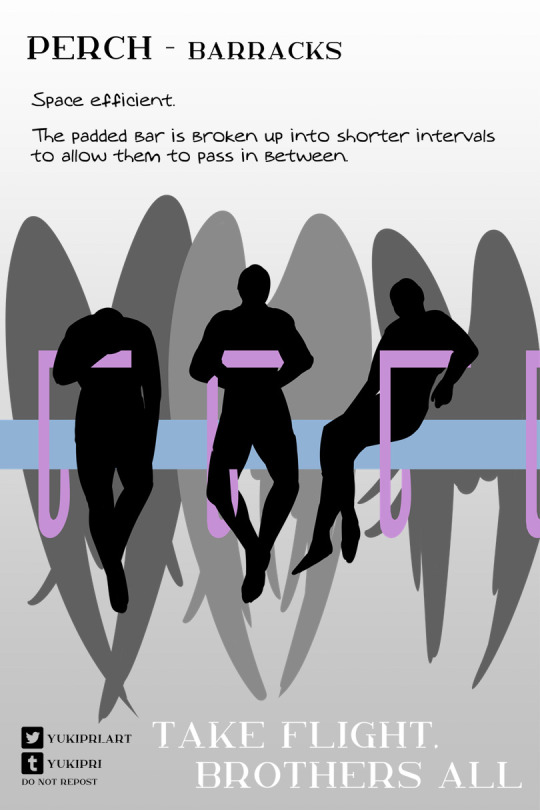
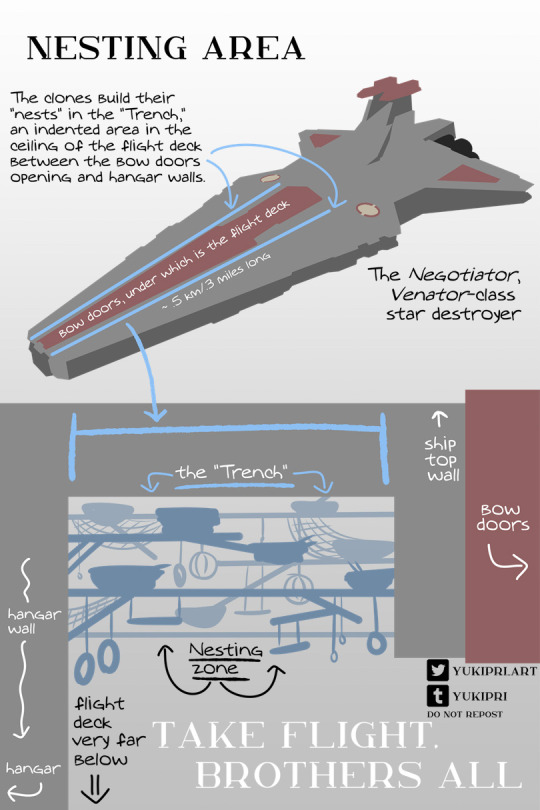
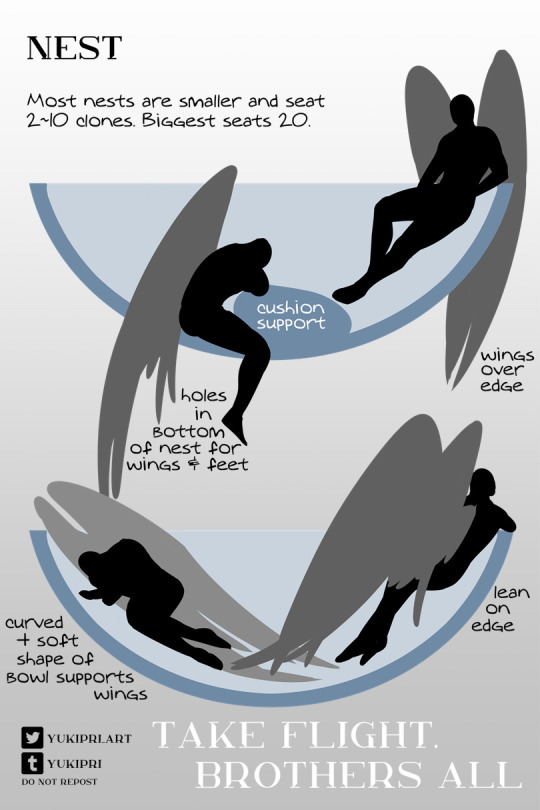
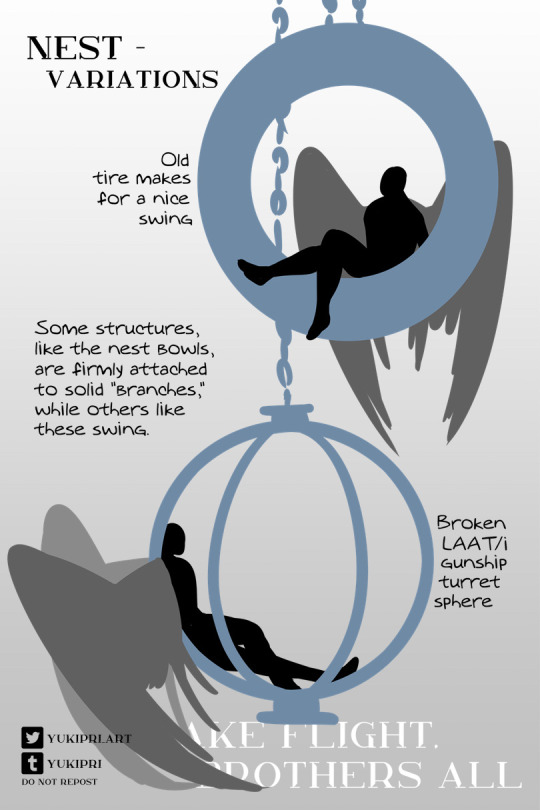
Take Flight, Brothers All - Winged!Clones AU
Nesting Diagrams
Some winged!clones nesting reference sheets/world-building to accompany [Fic] Nests in Take Flight, Brothers All!
These images were drawn specifically to supplement this chapter of my AU, and may not make much sense without reading the fic part first.
~~
PLEASE DO NOT REPOST, EDIT, TRANSLATE, OR OTHERWISE USE MY ART. To share, please reblog! Reblogs and comments greatly appreciated!!!
❀ You can see the rest of my art including the rest of this AU through the Masterpost pinned to the top of my blog!
2K notes
·
View notes
Text
Good Luck Babe has to be one of the best "mad at your ex" songs of all time - right up there with You're So Vain and You Oughta Know. That bridge has the force of a curse on someone's entire bloodline
689 notes
·
View notes
Text
a girl does start to feel optimistic in a patch of sun
64K notes
·
View notes









